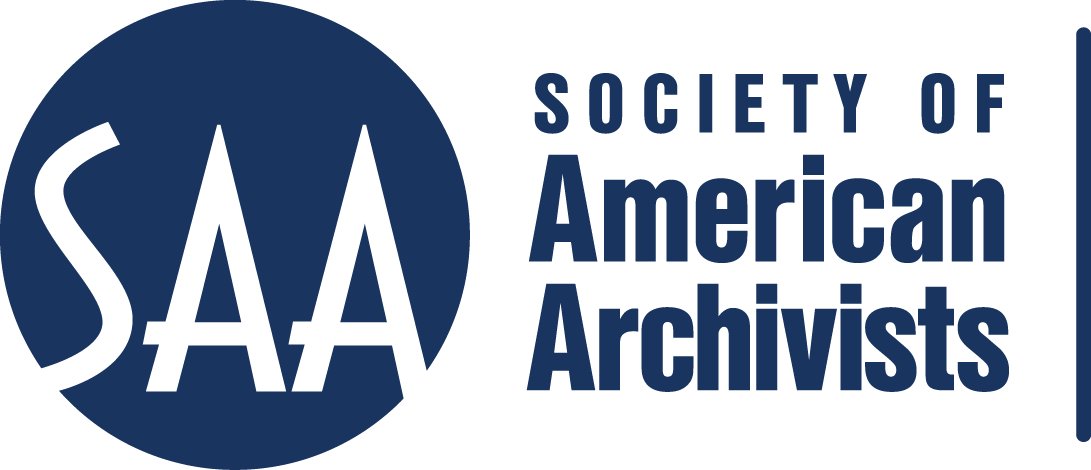The Archivist as Translator: Representation and the Language of Context
A record's context forms a complex, intricate, malleable records language that archivists are responsible for translating, including the obligation to document themselves and their own complex contexts as a form of transparency and accountability in the archival endeavor. This article suggests three principles from translation theory that are particularly important in archival representation praxis and the translation of context. These include: 1) translations by their nature are new works that, when done well, exhibit the spirit of the original text; 2) word selection and translation decisions should be justified and documented; and 3) in attempting fidelity to the original text, the goal of the translator is restitution of original meaning. Added to these principles is the argument that a critical element in archival translation activity is documenting the translator—the archivist's own context. The goals of archival translation are fairness, honesty, transparency, and ultimately justice in the representation of archives.ABSTRACT


Translation of Hallelujah
Contributor Notes
Scott Cline is a Fellow of the Society of American Archivists (SAA) and author of Archival Virtue: Relationship, Obligation, and the Just Archives (Chicago: SAA, 2021). He is two-time winner of the SAA Fellows' Ernst Posner Award and a recipient of the Society's C.F.W. Coker Prize. His scholarly interests are in the areas of personal values, ethics, and moral order in the archival setting. He was the founding archivist and director of the Seattle Municipal Archives from 1986 to 2016. He was a lecturer at the University of Washington's Information School for two decades. Cline is a former member of SAA Council and past president of both the Academy of Certified Archivists and Northwest Archivists. He currently serves on the SAA Foundation Board and recently completed three terms as board president.

